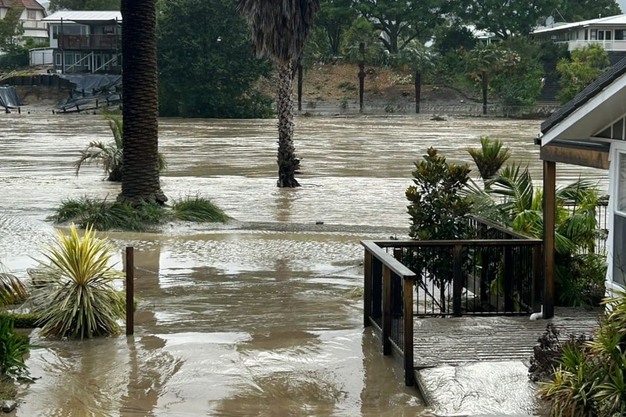In New Zealand, the Hawke's Bay region, renowned for its fruit production, is grappling with the aftermath of Cyclone Gabrielle. As the two-year mark since the storm approaches, the impacts remain profound. The cyclone, one of the most severe weather events in the country's history, resulted in the loss of 11 lives and inflicted billions in damages. Orchards in the area were heavily affected, with millions of tonnes of silt burying crops and necessitating the removal of over 600 hectares of fruit trees.

Paul Paynter, an apple grower in the region, reported the loss of more than 180,000 trees, with ongoing tree mortality due to diseases such as phytothera. Paynter, whose family has been in the apple-growing business for over 160 years, described the cyclone's impact as a significant blow to their operations, likening it to a "negative Powerball win." The disaster has led to a reduction in production and financial profitability, with Paynter stating, "It's a long workout and a hard road. We're managing our demise."
Approximately nine apple growers have sought assistance through the Kanoa Loan Scheme, a government initiative offering loans with an 80 percent guarantee against default risk. However, Paynter expressed concerns that the scheme might not be sufficient to prevent the exit of small to medium fruit-growing enterprises from the industry. He highlighted the silent struggle of farmers who cease operations, emphasizing the importance of maintaining employment for the community's welfare.
The government has acknowledged the challenges faced by the sector, with Agriculture Minister Todd McClay noting the provision of support for recovery efforts and the allocation of additional funding in Budget 2023. Efforts to streamline regulations and remove unnecessary barriers for farmers and growers are also underway.
Brian Nisbet, Chair of the Hawkes Bay Fruit Growers Association, pointed out the dual challenges of financial recovery and low apple prices affecting growers. Despite these hurdles, a strong growing season has fostered a sense of optimism among many in the region, with expectations of a good, clean crop.
Source: RNZ
